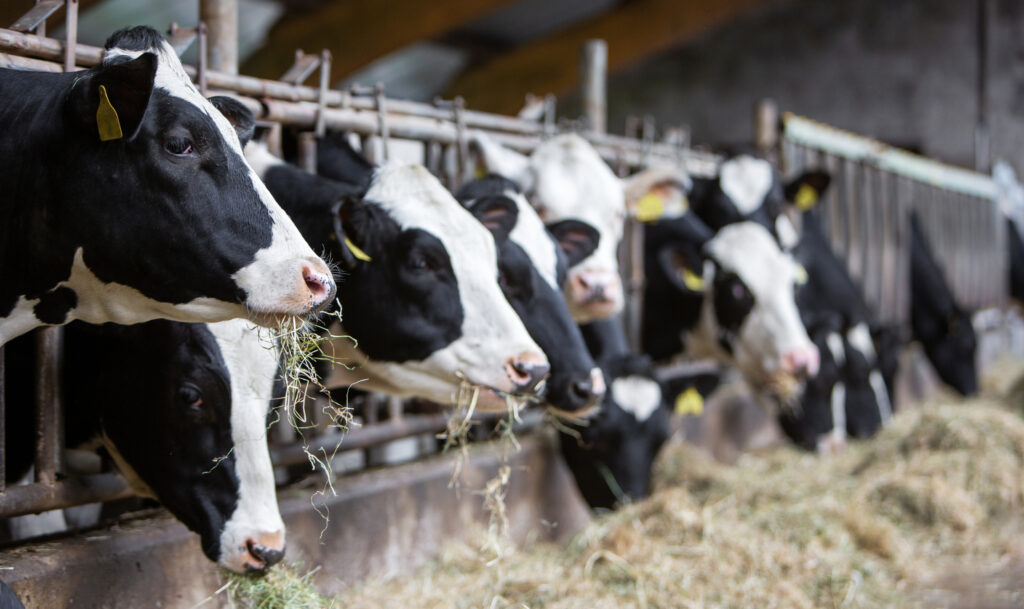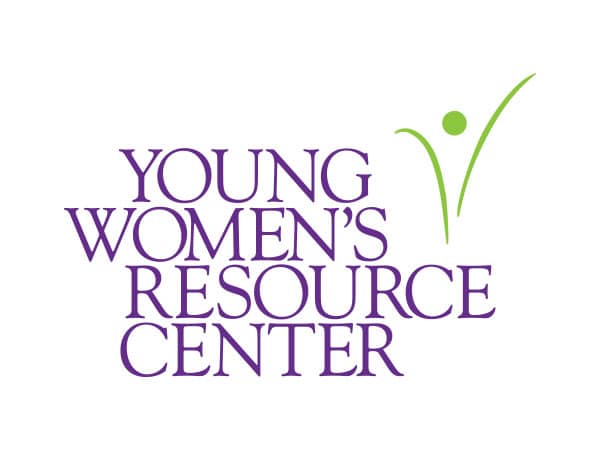Guest Opinion: The effect of the wage gap in Iowa

By Michelle Book | President and CEO, Food Bank of Iowa
Equal pay for equal work. The next Equal Pay Day is tomorrow, April 10. This date symbolizes how far into the current year women must work, in addition to the entire previous year, to match their male counterparts’ income for the previous year. In effect, today women must work an additional 100 days to catch up.
This is not to say progress hasn’t been made. Since my graduation from college in 1983, the difference has dropped from 27 percent to 20 percent. Yet there remains a significant opportunity for us to grow and promote equality, especially in our own communities. According to the American Association ofUniversity Women, Iowa ranks 41st in the nation with a wage gap of 23 percent. This inequality has a direct impact on women in Iowa and their quality of life.
At the end of every workweek, women face a harsh reality. After all their work, they still make less than their male counterparts for similar work. This is especially frustrating when you focus on the impact it has on their lives and families. Over time, women will take longer to pay off student debt and have less saved for retirement. The wage gap often prevents women from being able to cover all of life’s expenses — from medicine and rent to groceries.
It’s this day-to-day difficulty I see regularly in my work at the Food Bank of Iowa. When I visit partners and oversee programs, I meet people who are working hard to make ends meet. The more time I spend at the Food Bank of Iowa, the more it becomes clear that women are struggling in numbers far exceeding those of men. Many are single mothers who just want to provide for their families. Equal pay for equal work would make it much easier.
According to the USDA, more than 30 percent of single mothers are food insecure. Their families don’t have the food they need to live a healthy life. Their rates of food insecurity outpace single men with children (21.7 percent) and the national average of food insecure families (12.3 percent) multiple times over. And the numbers are more dismal for black and Hispanic women.
Just in Iowa alone, more than 100,000 families are led by single mothers. Every day, they feel the squeeze of the wage gap. If equal pay for equal work were a reality, the scope of what they could afford is astounding. According to the National Partnership for Women and Families, the average female Iowan could purchase more than 80 additional weeks of groceries for their families every year if the wage gap didn’t exist.
What can you do today to close the gap? Urge your elected representatives to act on issues that matter. Negotiate your own salary. Hold your employer accountable. Ask your co-workers to support equal pay for equal work. Connect with men and women who feel as passionately as you do. This isn’t an issue we can tackle individually. We’re stronger together.










